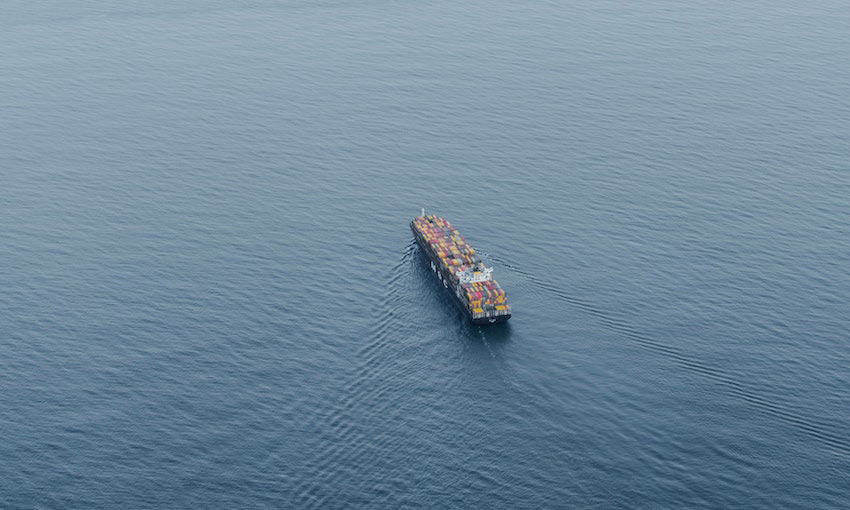SATELLITE communications provider Inmarsat has launched a maritime data service to modernise safety communication in global shipping.
The service, Fleet Safety, has been described as a turning point in maritime safety. It is intended as a successor to the industry-leading safety service Inmarsat C.
Fleet Safety has been several years in the making and has been formally launched following successful conclusion of sea trials.
The service was granted International Maritime Organization approval under Global Maritime Distress and Safety System (GMDSS) requirements following an International Mobile Satellite Organization assessment.
Inmarsat said it has updated documentation and created training material to ensure the industry is prepared for the new safety service.
It has also added a new data reporting service for long range identification tracking, vessel monitoring systems and asset tracking, along with a ships security alert system.
The next stage is to gain flag state approval for adoption across the maritime industry.
Peter Broadhurst, senior vice president of Safety and Regulatory at Inmarsat Maritime, said the Inmarsat C forms the backbone of the GMDSS, with upwards of 100,000 terminals having safeguarded the lives of seafarers for more than 30 years.
“However, as we move further into the digital era of shipping, technology can be used for enhanced safety and also provides new ways of tackling emerging challenges,” Mr Broadhurst said.
“The launch of Fleet Safety marks a turning point in the way satellite communications ensure the preservation of life at sea.”
Inmarsat said Fleet Safety features a new interface designed to help seafarers access critical functions and communicate with maritime rescue coordination centres (MRCCs) in an emergency.
A network of more than 60 global maritime MRCCs can now be contacted by voice or instant messaging in seconds.
“In a precarious situation, notifying rescue authorities early can prove pivotal in saving the ship and, more importantly, the lives of the crew on board,” Mr Broadhurst said.
“Seafarers will generally do their utmost to rectify an issue before requesting assistance, but Inmarsat’s Fleet Safety facilitates a culture for personnel to report situations early, rather than wait until events get beyond their control.”
Fleet Safety also includes a maritime safety information interface and a distress chat function.
The MSI feature allows users to control the stream of MSI broadcasts and download historic broadcasts, which include meteorological, navigational and search-and-rescue warnings.
The distress chat capability enables the creation of chat rooms between ships in distress, assisting vessels and MRCCs for quicker response and resolution times.
Inmarsat said it is also investing in training seafarers to help them navigate the features and understand the system’s full potential.
The training approach aims to educate crews on the importance of being proactive in maritime distress communications.

